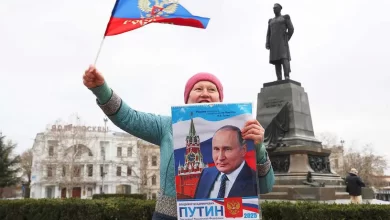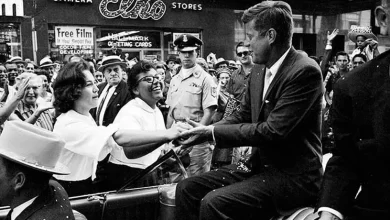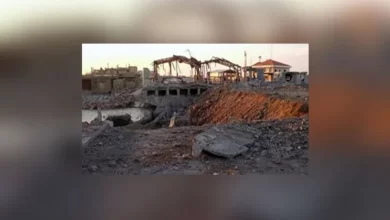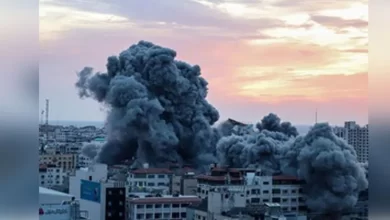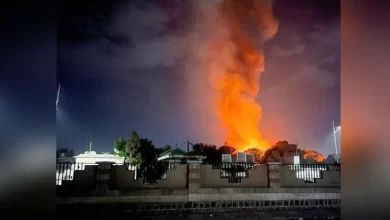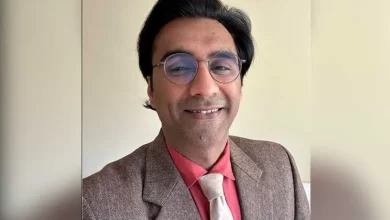Putin’s Victory Day parade proves just how much pressure he is under
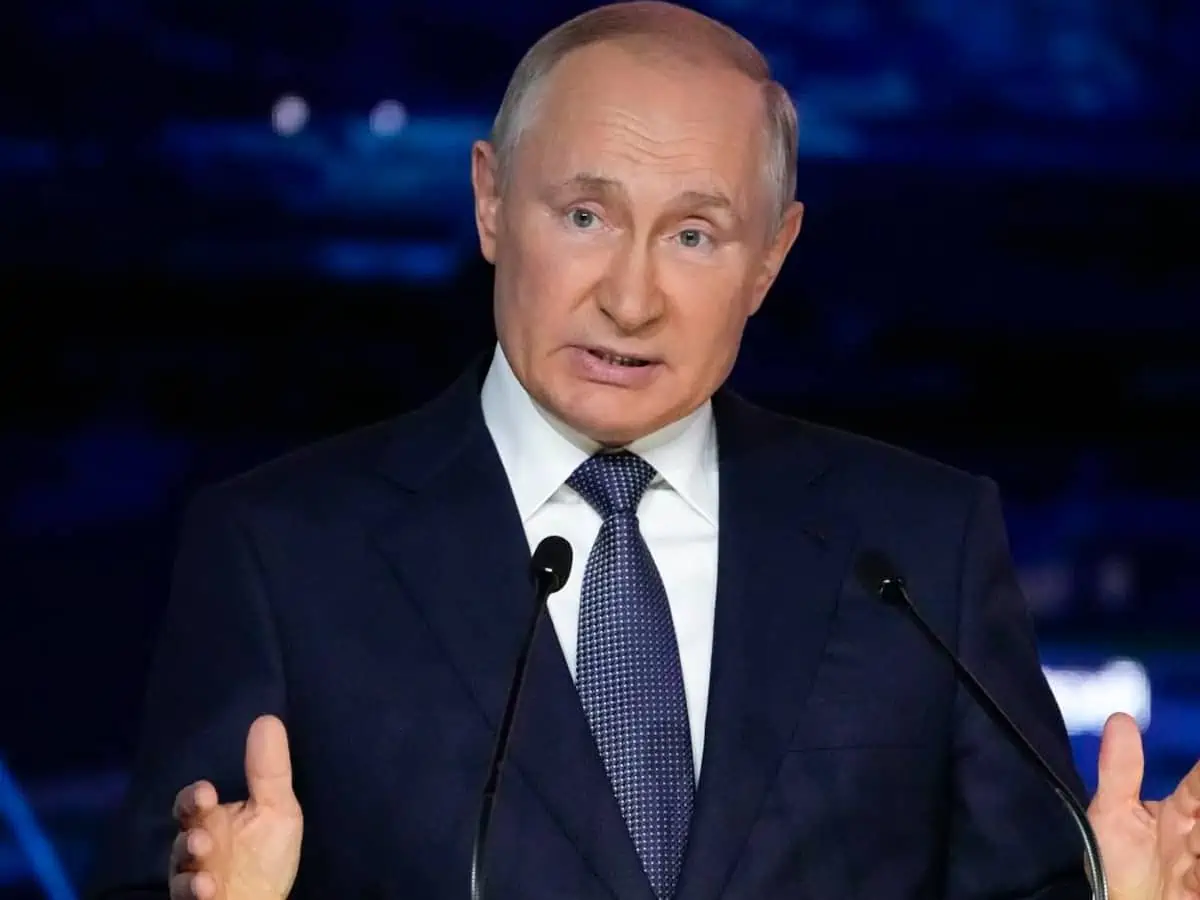
Vladimir Putin’s annual Victory Day speech meandered down a familiar path that we have seen several times over the last few months – blaming the West for trying to destroy Russia culturally, while continuing to pervert the historical record by saying that it is only Russia that has truly fought Nazism.
The narrative he is trying to push is that the “real war” is not the one Moscow started in Ukraine, but one being waged on Russia by the West using Kyiv as a proxy. So far, so predictable. But the emphasis was clearly on convincing Russians of the need to push on, and the pride the country should have in the military personnel taking part in this war, whether they are fighting on the frontlines, providing supplies, or treating the injured. The phrase “There’s nothing stronger than love for the motherland” was among Putin’s closing words.
The comparison to the Nazis is a simple – if false – one for Putin to make. The Kremlin may be concerned about losing the support of the Russian people as the invasion heads into its 15th month, with a Ukrainian counteroffensive believed to be coming very soon, but the suffering the people of the Soviet Union faced during the Second World War has been built into the national identity in the decades since by the authorities. It is a button that Putin has pushed a number of times in the last decade, since he illegally annexed Crimea in 2014, and it is an easy crutch to lean on.
The pressure Putin is under appears clear. It was a different parade on Red Square from the one we are used to seeing. There were fewer soldiers – 8,000 compared with 11,000 in 2022 – and less military hardware, and the procession was shorter than usual. There was no flypast, either.
The Kremlin has sought to paint this as a result of security concerns; events in other parts of the country, too, were cancelled or scaled back, in the wake of what Moscow has claimed was an attempted drone strike on the Kremlin by Ukraine last week. But Western nations have suggested that Moscow does not want to highlight the equipment losses due to the conflict, or the loss of troops in what has become an extremely bloody war of attrition in eastern Ukraine.
An important part of the commemorations that have been built into the Victory Day events is the Immortal Regiment procession, which sees people across the country march holding photographs of their relatives who fought in the Second World War. It is one element of the events that has been abandoned this year, with the Kremlin likely aware that people don’t need a reminder of the scale of the troop losses the nation has accrued in recent months – even if the official figures are far below those logged by Ukraine and its Western allies. Recently, US intelligence estimates suggested that the past five months had seen 100,000 Russian casualties, including 20,000 dead, many of them in the region around Bakhmut.
Ukraine’s president, Volodymyr Zelensky, stole a march on Putin on Monday by celebrating Ukraine’s own Victory Day and the role his country’s troops played in the Soviet victory over the Nazis, and comparing this to the current fight. The agreement marking the capitulation of Nazi Germany was signed late at night on 8 May 1945, in Berlin. But, with the time difference, it was already a day later in Eastern Europe. Zelensky moved yesterday to align with Europe, rather than 9 May as had been the tradition.
The celebrations on 9 May are supposed to be a chance for Putin to display Russia’s military and political might to the world. This year’s diminished spectacle reflects the position the Kremlin is in – and Ukraine will be hoping its long-expected counteroffensive will only make things worse.

